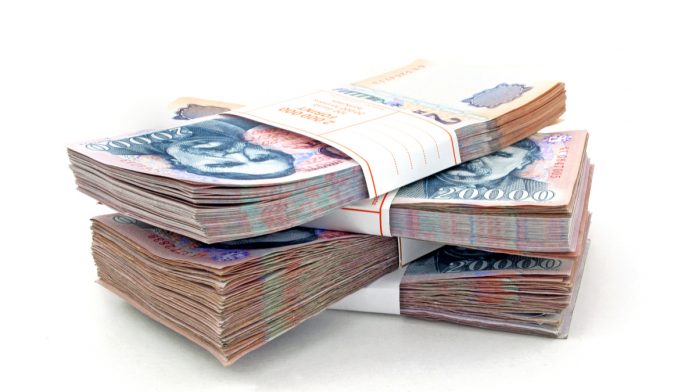The Forint is weakening versus the US Dollar for a second straight session. The Forint settled -0.3% lower versus the US Dollar on Monday at 328.18.
At 09:15 UTC, USD/HUF is trading -0.1% at 327.62. This is at the lower end of the daily traded range of 327.54 – 329.40 as investors look ahead to the Hungarian National Bank’s monetary policy decision later today.
HUF: National Bank of Hungary QE Programme Expansion
The National Bank of Hungary is expected to keep interest rates on hold after a surprise hike in the lending rate earlier this month. Instead investors are waiting to see the scope of the central bank’s quantitative easing programme. The extension of the bond buying programme was signalled earlier in the month, so it will not surprise the market. Furthermore, analysts are not expecting a large scale, open ended QE programme, but rather a focused programme as a result it is not expected to drag on the forint. Some analysts even expect the additional financial stability from additional QE to support the Forint and lift it higher.
The Hungarian government also managed to achieve good investors appetite for its news foreign bond issuance, which has set a more reassured tone in the market.
Also supporting the Forint was better than expected unemployment data. Official data revealed that unemployment in Hungary inched up to 3.7% in March. Whilst this was up from the 3.5% recorded in February, it was below the 4% mark that analysts pencilled in. The data point helped ease concerns over the coronavirus impact on the Hungarian economy. Analysts expect the Hungarian economy to contract -3.2% in 2020 and unemployment to surge.
US Consumer Confidence In Focus
Despite a stronger start the US Dollar is trading on the back foot as investors brush off more sharp falls in the price of oil, instead focusing on the gradual reopening more US states.
Investors will now turn their attention to the release of US consumer confidence data later today. Analysts are expecting consumer morale to drop to 88 on the index, down from 120, reflecting the lock down conditions in the US. When confidence is low regarding job prospects and the health of the broader economy consumers often spend less. This is bad news for the economy. However, recently investors have been able to shrug off weak data. If so the dollar could continue to decline.





